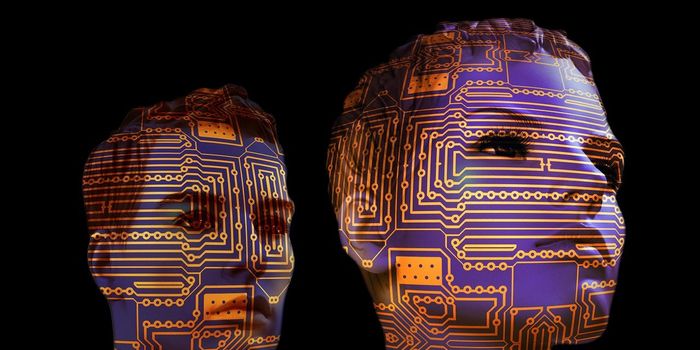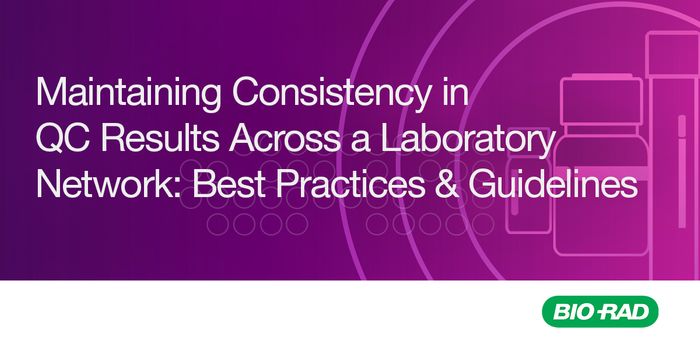Biomarkers Can Identify Dementia 15 Years Before Onset
According to the World Health Organization, over 55 million people around the world have dementia, and 10 million more are diagnosed every year. Dementia is the seventh leading cause of death, and causes worsening cognitive problems that affect people's ability to function. There are some treatments for dementia, and there are ways to reduce the likelihood of the disease. But diagnosing it can still be challenging, and involves a combination of evaluations and tests that can include cognitive and psychiatric assessments, cerebrospinal fluid and spinal tap assays, or brain imaging tools like CT or MRI scans. People usually have to be evaluated over time before an accurate diagnosis can be made, in order to establish that there is a decline from some baseline ability.
But scientists have now found biomarkers in the blood that could predict dementia as many as 15 years before current tools can diagnose the problem. The findings have been reported in Nature Aging.
In this work, researchers evaluated blood samples from over 52,000 people who have participated in the UK Biobank, which collects genetic and health data for millions of individuals. The samples were gathered from 2006 and 2010, then stored until they were analyzed ten to fifteen years later. By then, 1,417 of the study volunteers had developed dementia. The investigators found proteins in the blood samples of these individuals that were abnormal compared to people who had not developed dementia.
Over 1,463 proteins were analyzed, in part with machine learning. The scientists identified eleven proteins that were made into an assay, which was shown to be very accurate at predicting the development of dementia.
When the researchers controlled for other factors that can affect dementia risk, such as sex, age, genetics, and level of education, the predictive model was more than 90 percent accurate. The study authors noted that it has great potential as a diagnostic tool.
When Alzheimers is detected early, there are some ways to slow the progression of the disease, such as a new drug called lecanemab. The study author noted that some of the proteins revealed in this study may be good targets for new drugs to treat dementia or Alzheimer's.
One of the proteins, for example, is glial fibrillary acidic protein (GFAP), which has previously been linked to dementia in other studies. Unlike those smaller studies, however, this work showed how the levels of GFAP can change over time in people who develop dementia.
If this data is used to create a diagnostic assay that is accepted for used in the clinic, it would also be far easier to obtain patient samples for the assay; instead of requiring lumbar punctures or other expensive imaging tools, only a blood sample would be needed to diagnose a high risk of dementia.
Sources: University of Warwick, Nature Aging









